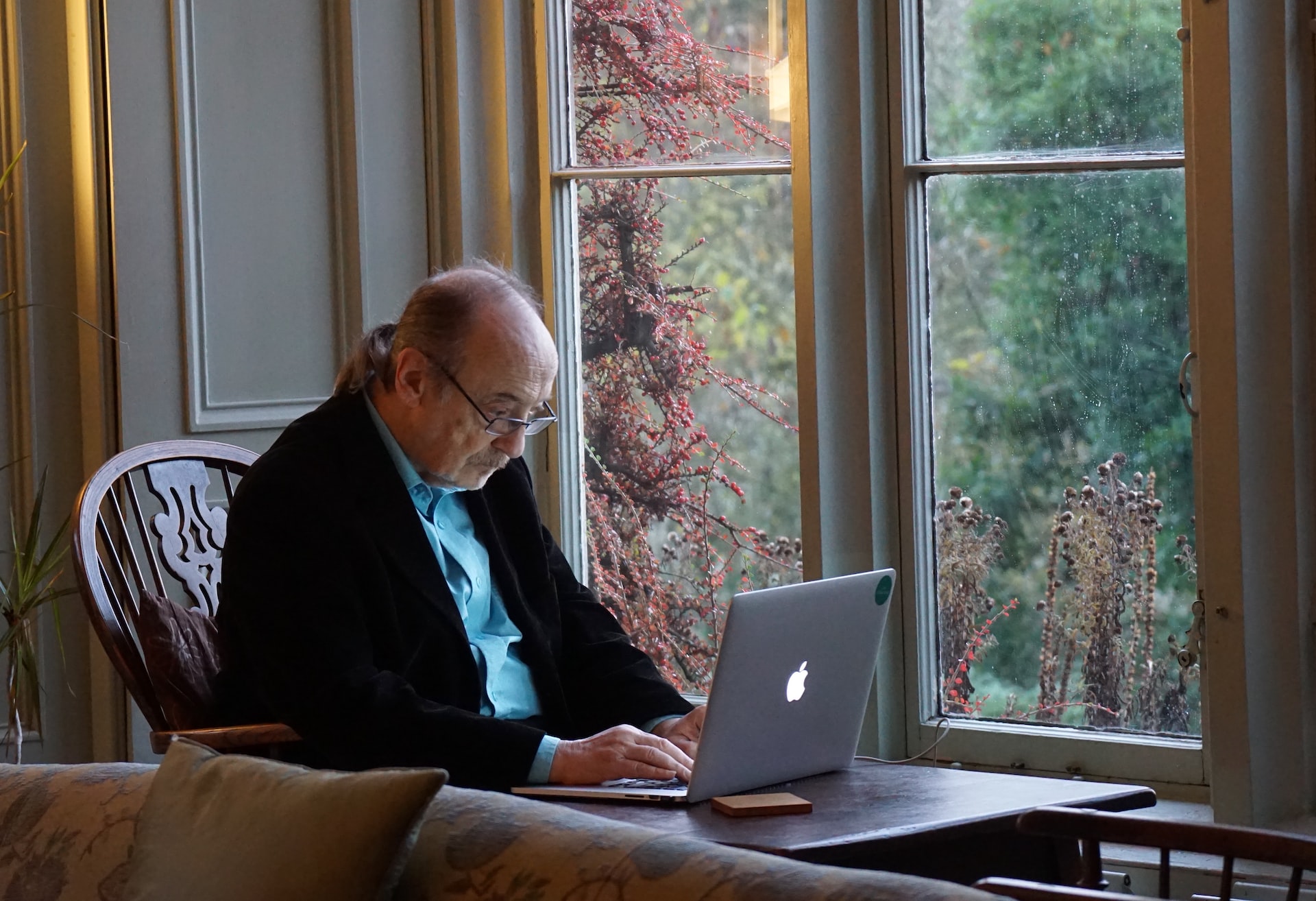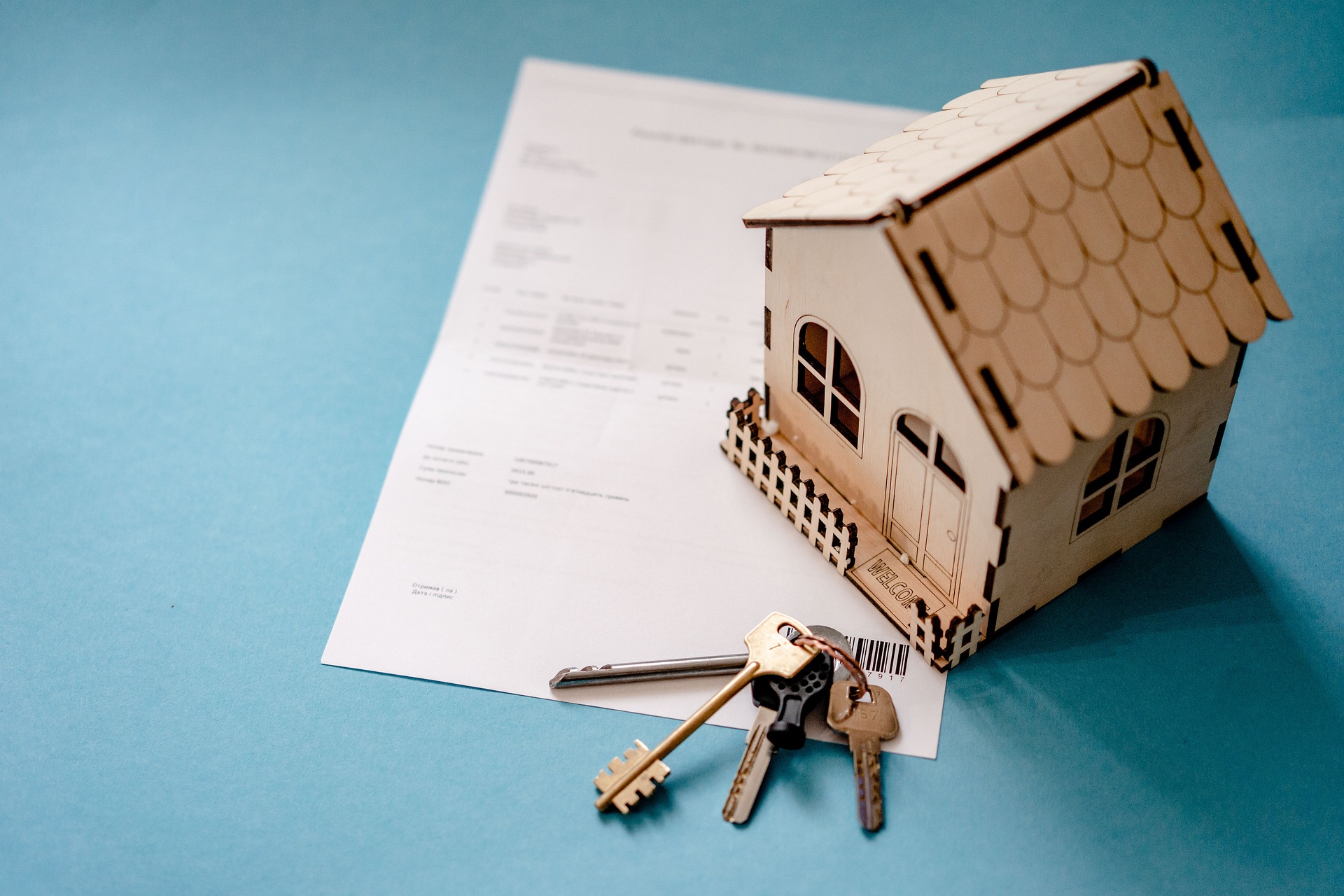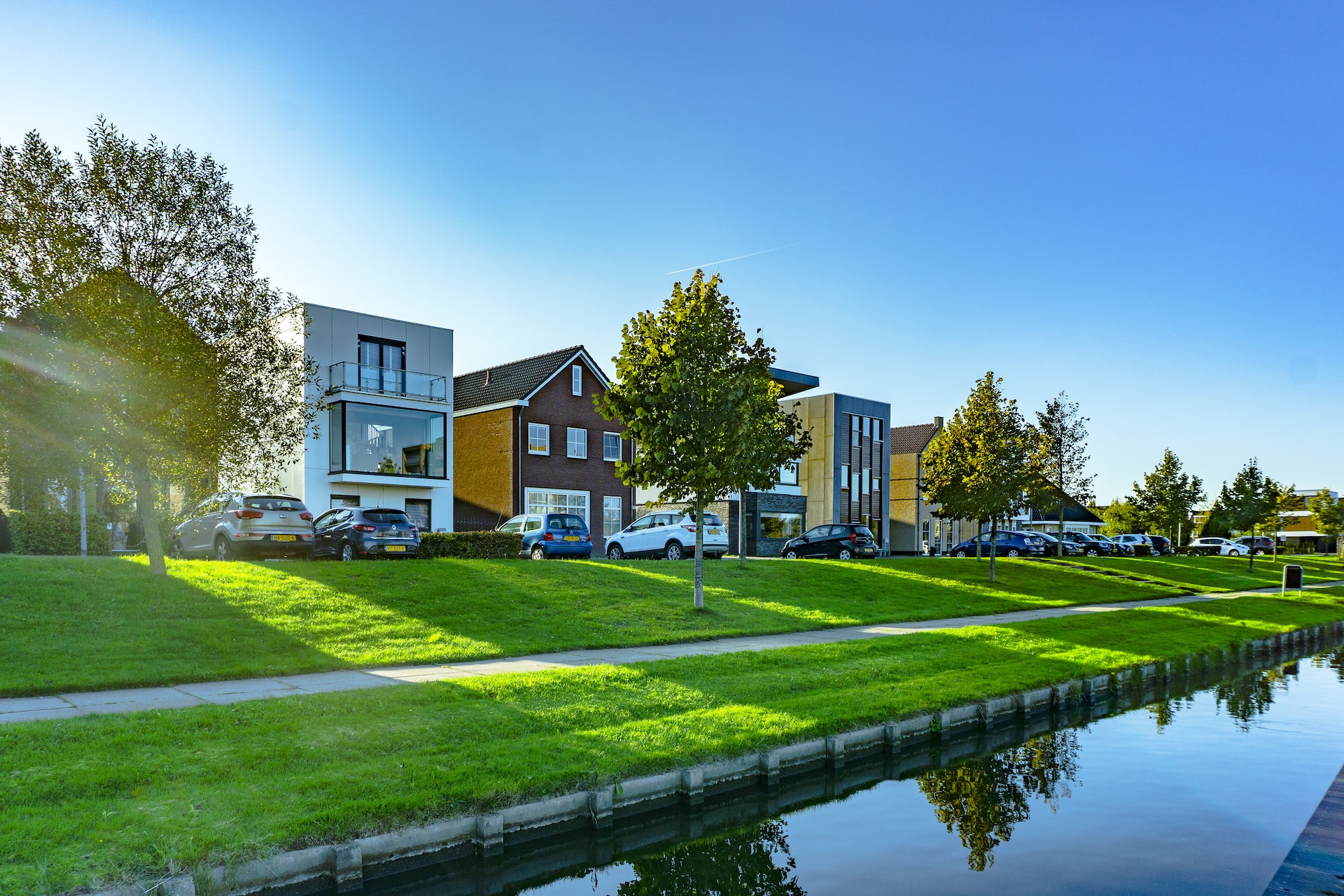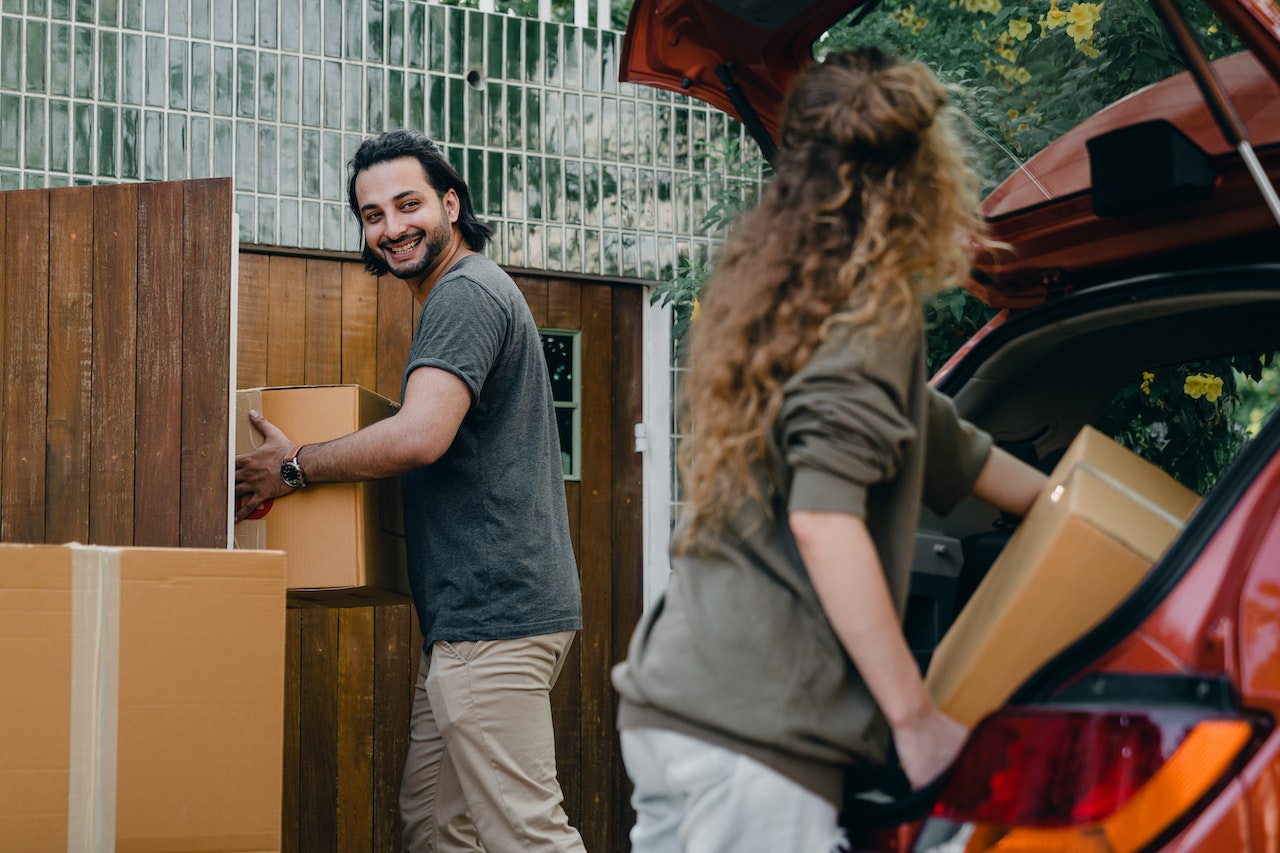Some things in life are unavoidable, and aging is definitely one of them. As you grow older life gets more difficult and doing everyday tasks can become harder and more painful. Your reflexes, mobility, and health degrade over time, and you will need to find ways to adapt your home to your needs as you age.
Whether you’re planning on surprising your elderly parents or you’re curious to learn more about elderly care, you’ve come to the right place! Here’s everything you need to know about buying a house for your elderly parents the right way. Follow this guide, learn about the needs of the elderly, and learn how to keep them safe and happy.
Do your research
The best way to buy a home for your elderly parents the right way is to do your research. You need to find a way so that your loved ones can live safely and peacefully with as few obstacles as possible. If sending your loved ones to an aged care home is not in the cards just yet, the next best thing is to make your home more accommodating. Depending on your elderly parent’s condition, there are many ways to fortify your home to make their lives safer and easier. Speak to medical professionals or real estate agents for advice and pointers. Seek out financial aid or assistance when modifying the home to fit their needs.
Single-story, accessible homes
When buying a home for elderly parents, you need to find a home that is accessible to their elderly needs. If you can help it, go for single-story homes, apartments on the ground, or lower homes. Stairs in the home are a health and safety risk for the elderly, and depending on their mobility, can hinder their movement. If you have to get an apartment, go for buildings that have a working and reliable elevator or two. Ground-level apartments are the most accessible but also the least safe, so keep that in mind. If necessary, look for wheelchair-accessible homes and buildings.
Bathrooms and accessibility
For the elderly, the bathroom can be the most dangerous part of the home. When buying a home for the elderly, make sure to check out the bathroom first. Opt for low, open showers instead of high bathtubs for accessibility. Look for homes with railings in the bathroom and toilets or look for space to put them in. When designing a bathroom for the elderly, think less about modern style and sensibility and more about access and ease of use. Invest in a shower stool and other accessibility tools to keep your elderly parents safe and comfortable. Pay close attention to the floors in the showers and bathroom and find ways to make them less slippery.
Put safety first
As you age, many things become health and safety hazards in the home. If you’re buying or furnishing a home for the elderly, you need to put safety first. Start with the floors and remove any decorative, slippery rugs and opt for textured, non-slip, and non-skid flooring. Declutter the home and remove any heavy or clunky objects from high-up storage. Make sure all their necessities like medication and medical equipment are easy to access and close by. Make sure your parents can get around with ease and remove any cables, clutter, or toys that can trip them. Rearrange your furniture so that your parents have space to move and dull any sharp corners.
Location is important
When buying a house for elderly individuals, the location of the home is very important. If you don’t live together, you want their home to be close to yours so you can step in if necessary. Choose a safe and crime-free location while not as noisy and make sure there are a few shops nearby. Consider how close the home is to the nearest hospital or emergency center should the need arise. Depending on the wishes of your elderly parent, you may want to choose a home that has a park or safe outdoor environment close by. Be sure to consider the location of the home when choosing one for your elderly parents.
So there you have it! With this guide in mind, you’re ready to find and buy a safe and comfortable home for your elderly parents. Before starting your search, make sure to do your research and know what you’re looking for. Look for single-story, ground-floor, and accessible homes. Elder-proof your bathrooms to make them more accessible and safer to use. Put safety first when designing and buying a home for the elderly and remember to think about the location. Make sure a shop, a hospital, and you are close by in case they need anything. Keep this guide in mind, good luck and happy house hunting for the elderly!





Leave A Comment